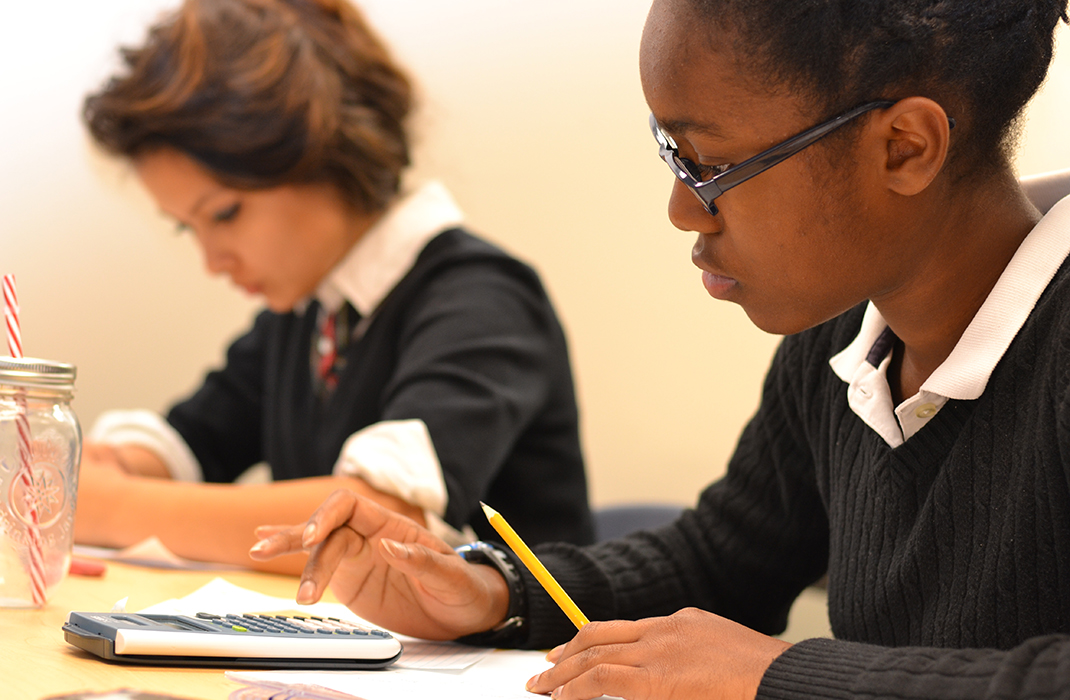Mathematics is a powerful language used to describe relationships and patterns. The certainty of its results are achieved through the application of pure logic. The language of mathematics communicates truths which are found not only in the physical world, but also in the abstract realm where its outcomes are often surprisingly useful and also astonishingly beautiful. The famous French mathematician, Henri Poincare, once said “The mathematician does not study pure mathematics because it is useful; he studies it because he delights in it and he delights in it because it is beautiful.”
“Mathematics is no more about computation than literature is about typing.”
John Allen Paulos (paraphrased)
Unfortunately, the way math is presented in many schools today often precludes students from being able to appreciate either the beauty or the logic of this powerful system. Consider this quote by Solomon Friedberg, chair of the Math Department at Boston College, “Too often, [modern mathematics education] has been “plug and chug” math. In this approach, math is a bunch of memorized rules that don’t make much sense. Follow the rules, and you will get the right answer. Do something different, and you’re likely to get it wrong. “Analytical thinking” consists of figuring out which rule to apply. There is limited need for originality, explanations, or even genuine understanding. Learning enough rules will allow you to solve the problems you are given. Do this for enough years, and you may firmly believe that this is what mathematics actually is.”
In order to derive the greatest benefit from the study of mathematics, it is crucial that students are trained to think deeply about concepts and to trace the logic behind each and every result. Instead of forcing students to rigidly adhere to prescribed steps, we must encourage them to experiment, explore, and to keep asking questions. Why are cross products of equivalent fractions always equal? Why do you move the decimal points to the right in decimal division? Why is x% of y always the same as y% of x?
Grappling with questions such as these has a formative effect on the minds of young students, producing more disciplined, logical thinking. It also yields a much stronger retention of the material, the flexibility to apply knowledge to new situations, the ability to discern best approaches to problems, and a true delight in the subject matter. Ultimately, we pray that our students will not only develop an appreciation for the power and beauty of mathematics, but that this appreciation will direct them to gaze upon the living God, the author of all mathematical truth, and that they will worship Him for His limitless power, perfection, and beauty.




